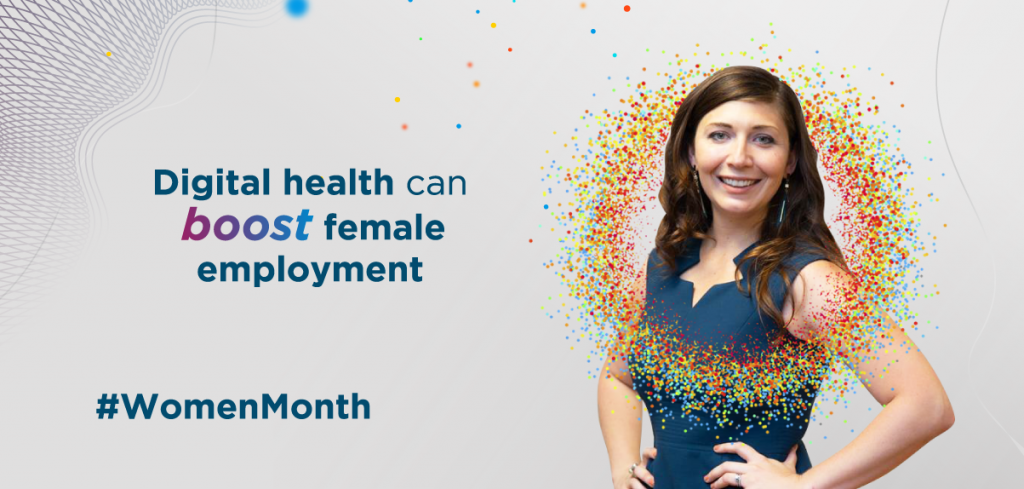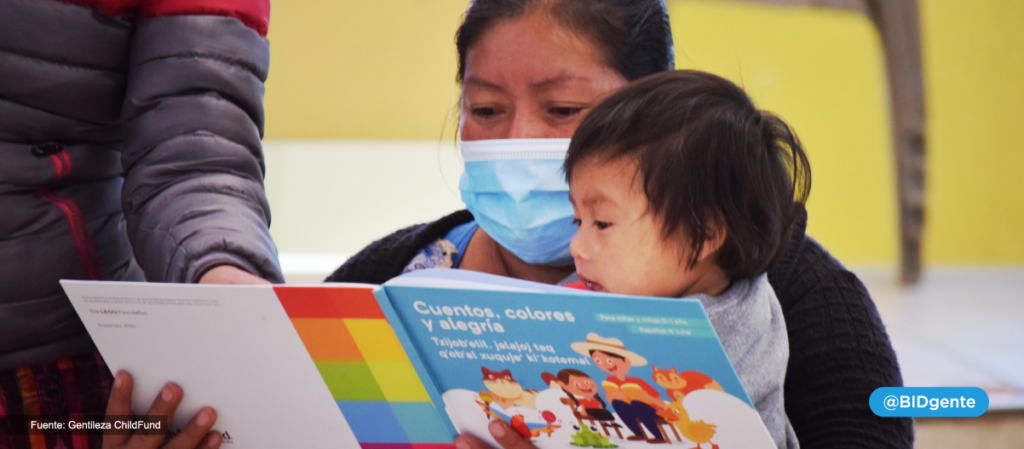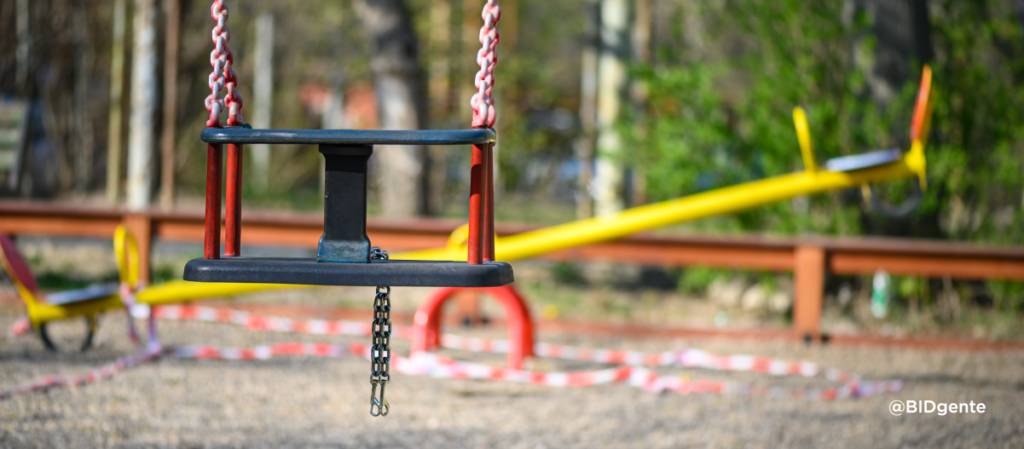Initial results from an innovative parenting program in Jamaica showed that it benefited children's cognitive development and parents’ attitudes about caring for children. However, evaluations in subsequent years found that these effects had disappeared. In this post, we present an early childhood program that is incorporated into the country’s health system, as well as the … [Read more...] about The Challenge of Integrating Early Childhood Services with Caribbean Health Systems
Inter American Development Bank
Responsive Interactions for Learning: Helping Children Reach Their Potential
In low- and middle-income countries, approximately 250 million children fail to reach their developmental potential. One way to help these children thrive is by supporting their parents and caregivers to engage in responsive caregiving, an important component of Nurturing Care, and a practice that has been proven to support children’s … [Read more...] about Responsive Interactions for Learning: Helping Children Reach Their Potential
It takes a virtual village: Digital tools for supporting new moms during and beyond COVID-19
“Try not to move so much during this next contraction so I can take your COVID-19 sample” was one of the phrases I had not planned on hearing prior to March 2020 as I was preparing for the birth of my first child in June. Neither was my midwife asking me six weeks post-partum “Can you adjust your phone so we can begin your breast exam over … [Read more...] about It takes a virtual village: Digital tools for supporting new moms during and beyond COVID-19
The radio is still alive! And it has helped foster children´s development during the pandemic
At the beginning of the lockdown in Guatemala, due to the COVID- 19 pandemic, the staff of Juega Conmigo in Childfund faced a great challenge: How to reach families that have young children and live in remote rural communities? In a country considered within the lower connectivity cluster (lack of internet access) the solution had to be quick and reach the greatest possible … [Read more...] about The radio is still alive! And it has helped foster children´s development during the pandemic
The High Cost of COVID-19 for Children
The early childhood development cluster of the Inter-American Development Bank (IDB) is working to protect the youngest children in the region. Find out how. … [Read more...] about The High Cost of COVID-19 for Children





